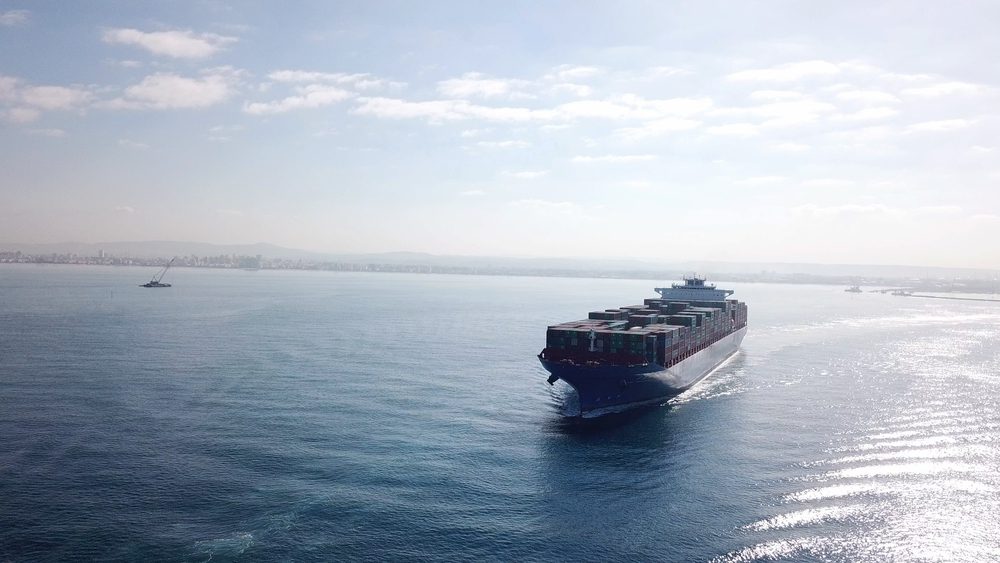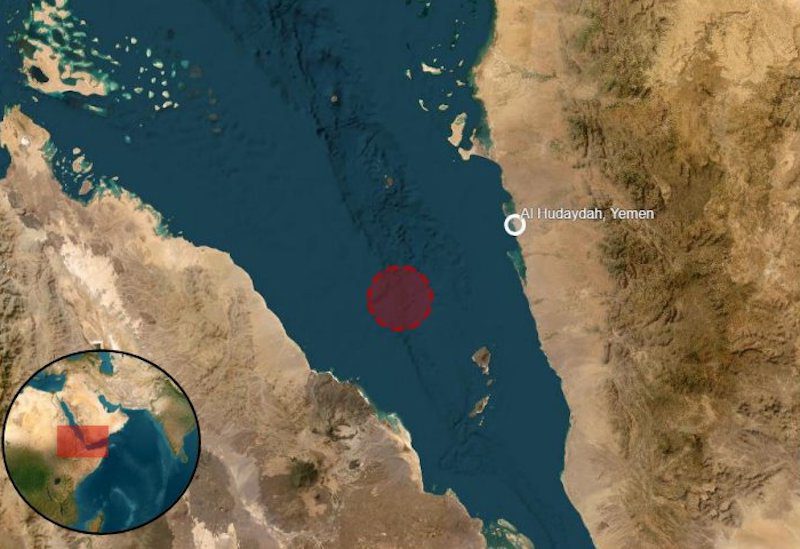ImagineStock / Shutterstock
International shipping association BIMCO is calling for the IMO to use more realistic economic growth data in its upcoming study on greenhouse gas emissions from the shipping industry, and not include unrealistically high gross domestic product (GDP) growth projections to predict future transport demand.
BIMCO will make the formal proposal next month to an expert workshop preparing for the Fourth IMO Greenhouse Gas Study, which is to be initiated in the first half of 2019.
“It is imperative that the industry – and the world – base discussions and actions to reduce emissions from shipping on credible and realistic projections. If not, we risk making the wrong decisions and spending resources ineffectively,” says Lars Robert Pedersen, BIMCO Deputy Secretary General.
BIMCO argues that the fourth IMO GHG study should avoid using the most-extreme GDP growth scenarios, which project considerably higher and unrealistic short- to mid-term economic growth compared to current economic trends and projections from the Organisation for Economic Cooperation and Development (OECD).
“The previous study’s most pessimistic projection of a 250% increase in CO2 emissions from shipping has since proven to be totally unrealistic, given the actual and projected economic development of the world. Unfortunately, the 250% projection has frequently been used as a stick against the shipping industry and to shape regional policy. BIMCO wants to avoid that happening again,” Pedersen says.
BIMCO has collaborated with CE Delft, the consultancy that modeled and calculated projections for future GHG emissions from ships included in the IMO’s third GHG study in 2014. The report highlights, that when using a more realistic GDP growth scenario, the shipping industry is projected to achieve an absolute reduction of 20% versus the target of an absolute emission reduction of 50% by 2050 compared to 2008.
“We will need new solutions, in addition to traditional efficiency measures, to reach the 2050 target. But to pick the right solutions, we need realistic projections,” Pedersen added.

 Join The Club
Join The Club











